We are searching for
--
Please wait. This should take only a few seconds.

We are searching for
--
Please wait. This should take only a few seconds.

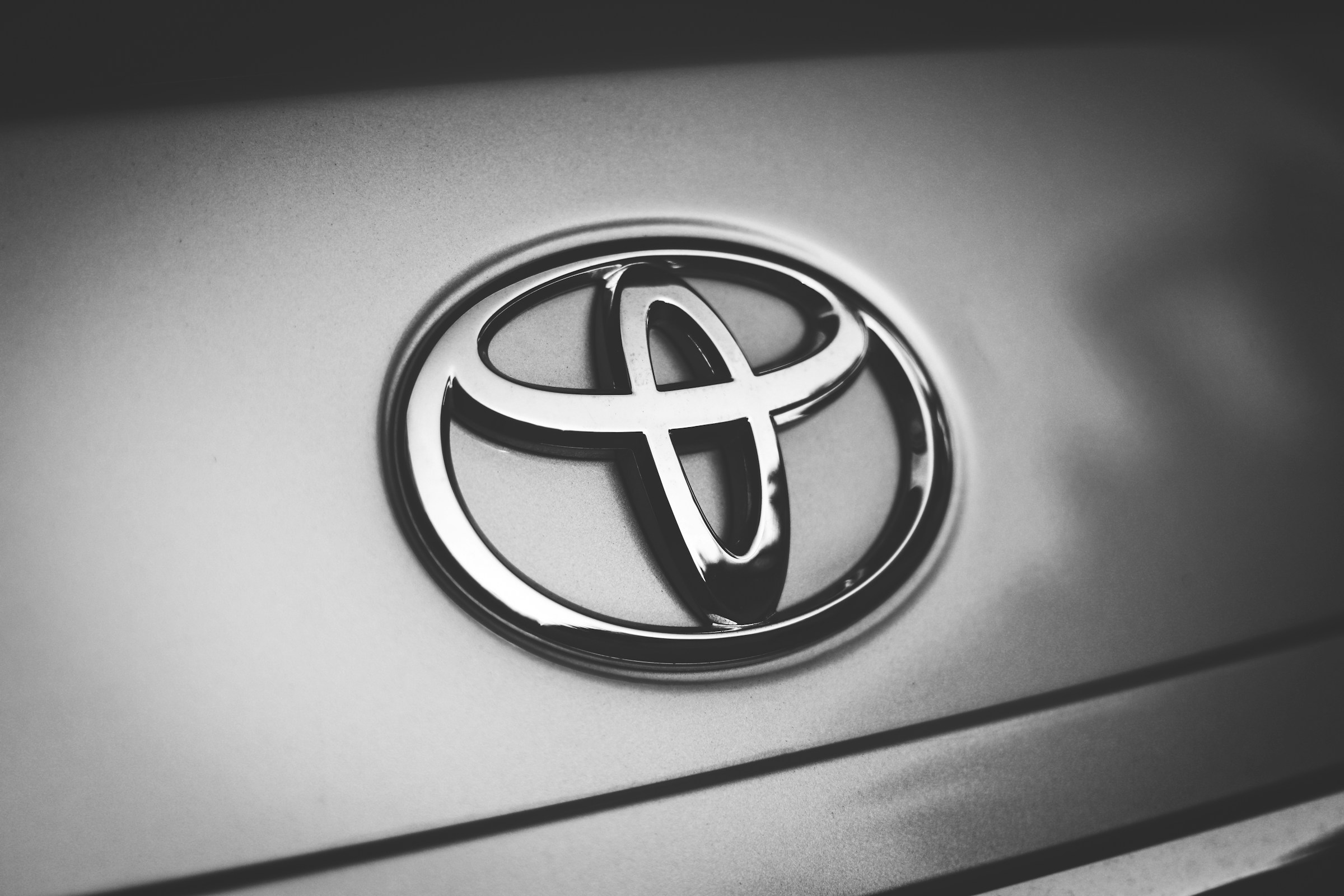
Toyota is one of the biggest players in the global automotive industry. The company offers quality vehicles, are incredibly reliable, and are known to provide comfort, convenience, and safety to drivers and passengers. Despite being a reliable car manufacturer with durable cars, like every other vehicle brand, Toyota also has its share of vehicle recalls.
One of the biggest Toyota recalls was in September 2009. It involved almost 4 million cars with accelerator pedal entrapment issues. The company announced the recall over fears that accelerator pedals could become entrapped under the floor mats and could potentially make the vehicles go out of control at high speeds and result in fatal crashes. Similarly, in 2023, approximately 4.2 million vehicles were recalled by Toyota, with over 1 million cars recalled in December due to a defective airbag sensor.
Airbags are vital in vehicles, and according to the National Highway Traffic Safety Administration (NHTSA), front airbags have saved over 50,000 people in America in the last 30 years. In December 2023, Toyota issued a statement recalling approximately 1.12 million cars globally over a front seat airbag defect. The defect is largely a short circuit in a sensor that can prevent vehicle airbags from deploying as originally designed. Certain 2020 through 2022 model-year cars are on this Toyota recall list. They include various Corolla, Camry, Sienna Hybrid vehicles, RAV4, Avalon, Lexus ES350, ES200H, RX350 Highlander, and ES250.
Toyota also issued a recall in July 2022 for RAV4 vehicles in America over a potential interference between internal parts that could lead to the Occupant Classification System (OCS) sensor incorrectly detecting the vehicle occupant. Furthermore, earlier in 2024, Toyota issued an urgent DO NOT DRIVE advisory for approximately 50,000 Toyota cars over airbag issues. The advisory urged owners of certain model years 2003-2004 Corolla Matrix, 2003-20094 Corolla, and 2004-2005 RAV4 vehicles to obtain an airbag safety recall repair, especially those equipped with Takata airbags.
The pedal entrapment recall is one of the biggest in Toyota's recall history. The company recalled approximately 8 million vehicles between 2009 and 2011 due to the potential of gas pedals to get stuck in stacked floor mats. This defect led to unintended acceleration in the affected units of Toyota vehicles and resulted in some crashes. Affected models and years included the 2009-2010 Toyota Matrix, RAV4, Corolla, 2005-2010 Avalon, 2008-2010 Sequoia, certain 2007-2010 Camrys, 2007-2010 Tundra, and 2010 Highlander.
Approximately 280,000 Toyota vehicles are being recalled for transmission issues to mitigate the risks of road crashes. With this defect, certain parts of the affected vehicles' transmission system may not immediately disengage when the cars are shifted to the neutral position. This anomaly could push some of the engine power to the wheels and allow the vehicles to accidentally inch forward at a low speed on flat surfaces with no brakes applied. The Toyota transmission recall particularly affects some 2023-2024 Toyota Sequoia SUVs, 2022-2024 Toyota Tundra Hybrid and Toyota Tundra, and 2022-2024 Lexus LX 600 SUVs. According to the company, vehicle owners affected by this Toyota recall will be informed by late April 2024 and will not be required to pay dealers to update the transmission software.
Some Toyota vehicles with model years between 2008 and 2019 painted with either 040 Super White or 070 Blizzard Pearl have been exhibiting peeling paint on some metal body panels or trims. Following reports of paint peeling on such vehicles with the original factory-applied paint colors, Toyota announced a Customer Support Program to provide support for affected vehicle owners. Affected Toyota model years include 2008-2015 4Runner, 2008-2017 Camry and Avalon, 2009-2019 Corolla, 2009-2017 RAV4, 2011-2015 Scion iQ, and 2008-2015 Scion xB. According to Toyota, the support program to fix peeling paint colors is not exactly a recall but an effort to ensure customer satisfaction.
Over 1.73 million Toyota vehicles are covered by the Customer Support program for peeling paint colors, and only authorized Toyota dealerships can confirm if a vehicle's paint peeling condition is covered after inspection. However, an authorized dealership can decide to have the repainting repair done by a non-Toyota repair facility once it confirms the paint peeling condition coverage in the program.
Following reports of excessive corrosion to the frame and, ultimately, perforation of the metal, Toyota has recalled certain vehicle models sold in the United States. The company investigated the reports and found that the frames in these Toyota models lack adequate corrosion-resistant protection. As a result, the frames of such vehicles, particularly those exposed to road salts in cold climate conditions, tend to exhibit excessive corrosion. Essentially, the Toyota frame recall affects the model years 1995-2000, 2005-2010, and certain 2011-2017 Tacoma, the 2005-2008 Sequoia, and the 2007-2008 Tundra.
To address the concerns of affected vehicle owners regarding the rusty frame issues, the automotive company started a Toyota recall campaign for the affected models. In November 2012 alone, the company recalled about 150,000 Toyota Tacoma truck models made between 2001 and 2004. According to Reuters, in 2016, Toyota settled a class-action suit by agreeing to pay $3.4 billion to repair about 1.5 million Tundras, Tacomas, and Sequoia with rusting frames.
Toyota has issued many recalls of its vehicle models largely due to design defects and poor communication between departments within the company, which caused safety-related issues. For example, many vehicles have been recalled because of a design flaw in the accelerator pedal, causing affected models to accelerate unintentionally. A recall of approximately 14 million Toyota vehicles between the late 2000s and early 2010s, primarily due to the risk of unintended acceleration and other safety issues, dealt a heavy blow to the company's finances. The financial implications were far-reaching, including recall costs, sales decline, declined credit rating, fine payments, and a drop in stock price.
The most recalled Toyota vehicle models in the last few decades include the 2007-2009 RAV4, 2007-2009 Camry Sedans, 2008 Highlander SUVs, and 2007-2009 Tundra pickups. Others are the 2016-200 Tacoma vehicles, 2014 FJ Cruisers, 2008 Highlander Hybrids, and 2007-2009 Camry Hybrids.
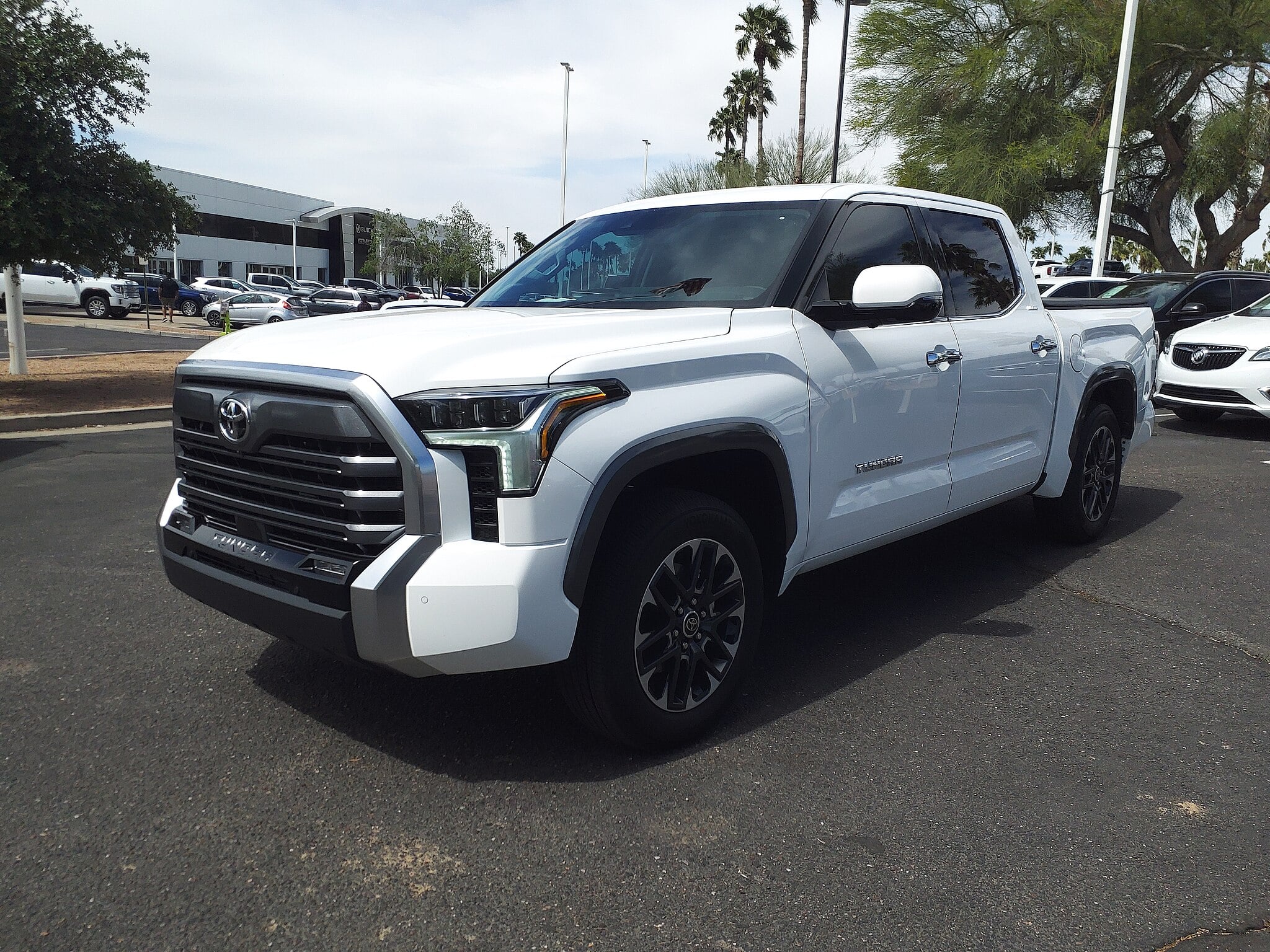
The following are some of the Toyota Tundra recalls in history:

Some of the Toyota FJ Cruiser recalls include the following:
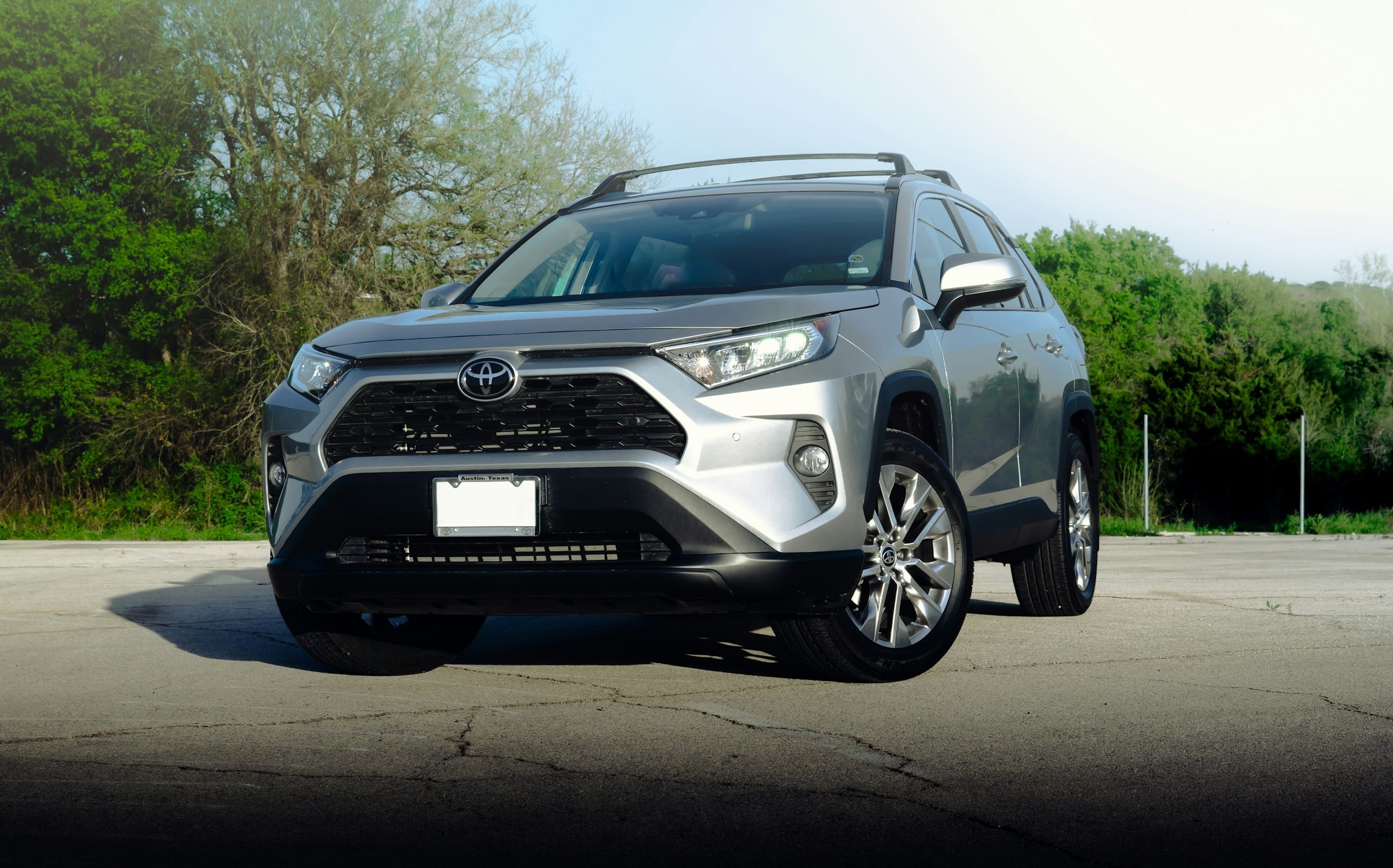
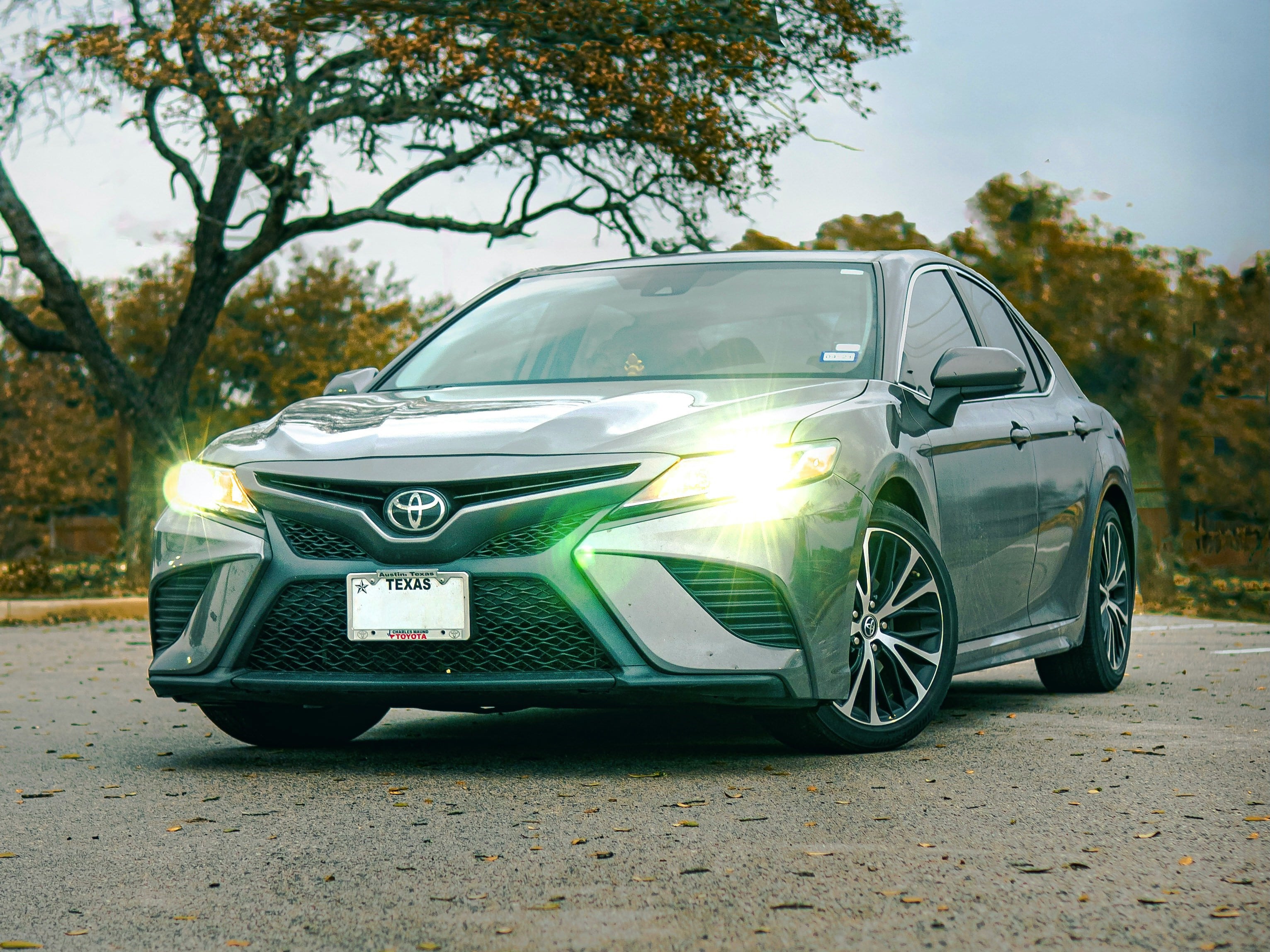
Several recalls have been issued for the Toyota Camry vehicles for various reasons, including the following:
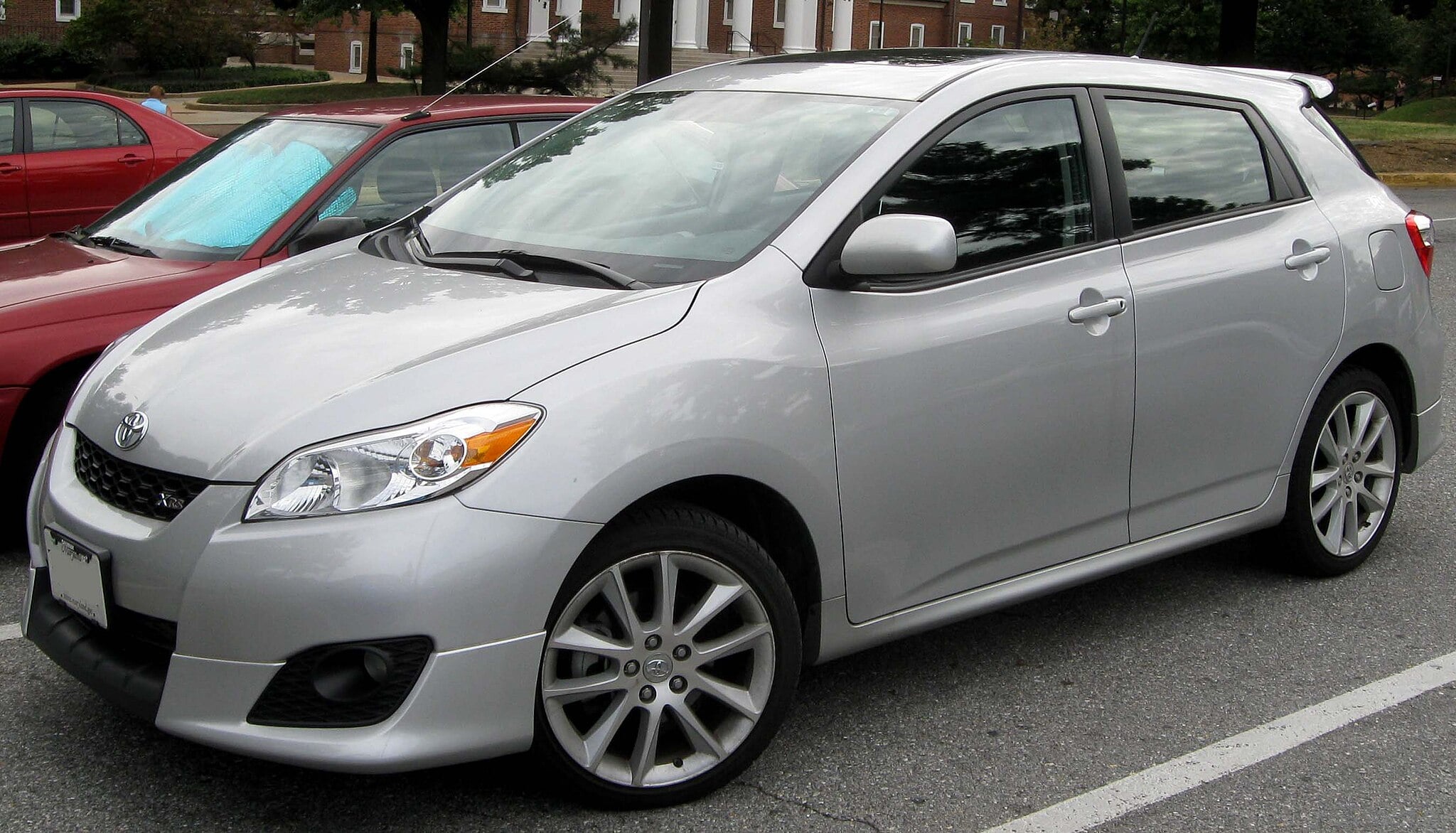
The following are some of the Toyota Corolla recalls over the past few years:
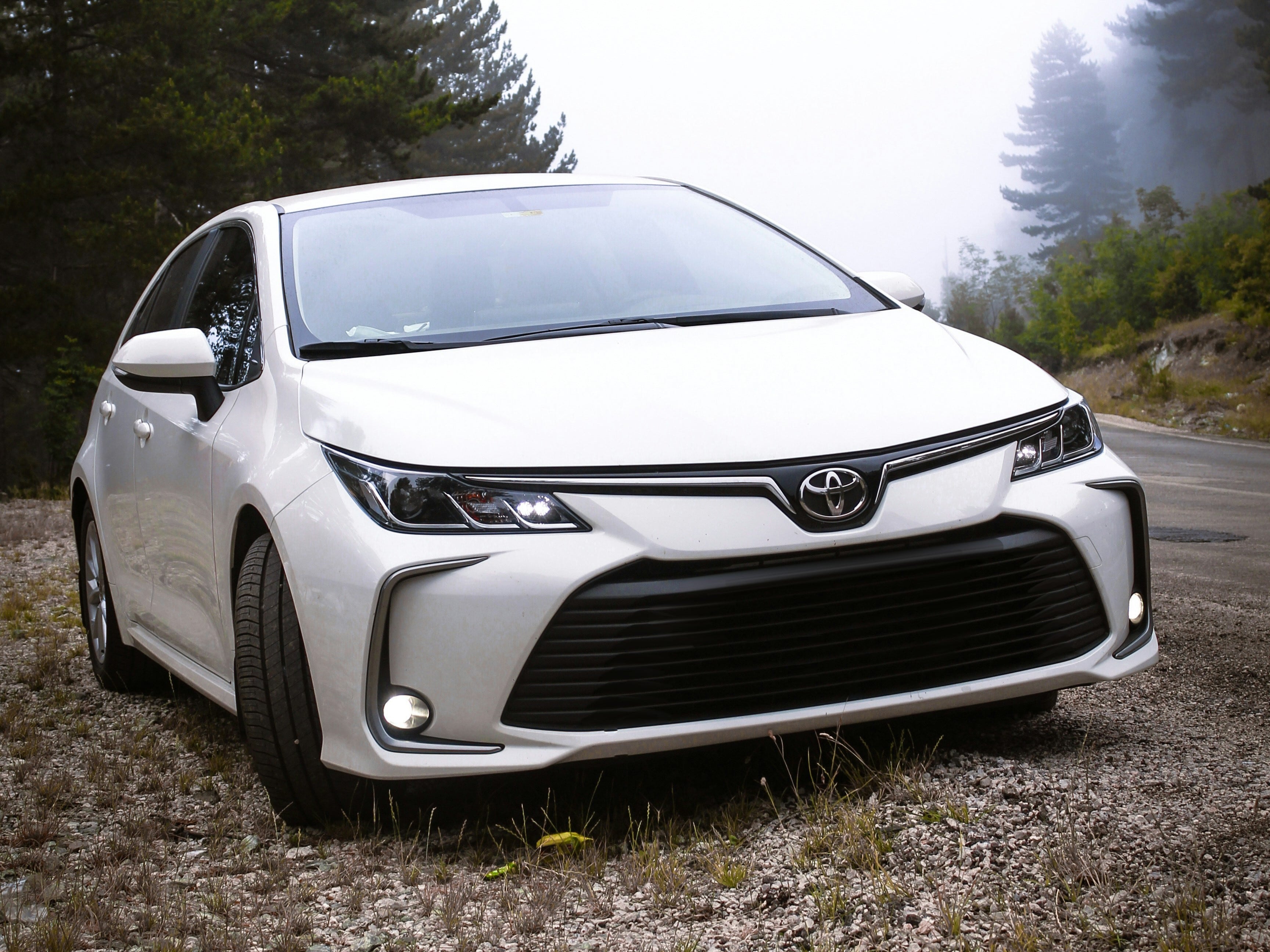
The following are some of the Toyota Corolla recalls over the past few years:
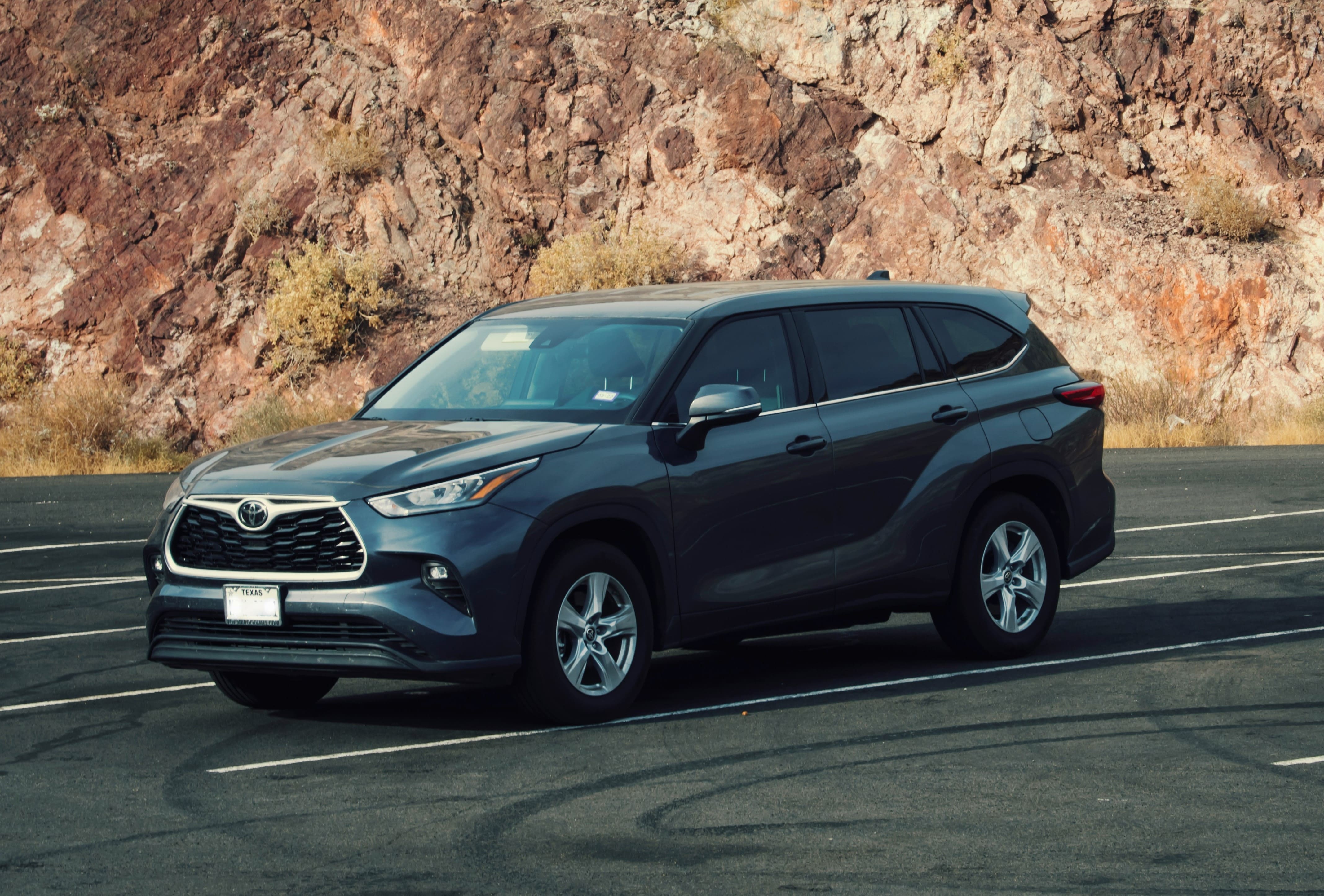
Many units of Toyota Highlander SUVs have been recalled for various purposes. These include the following:
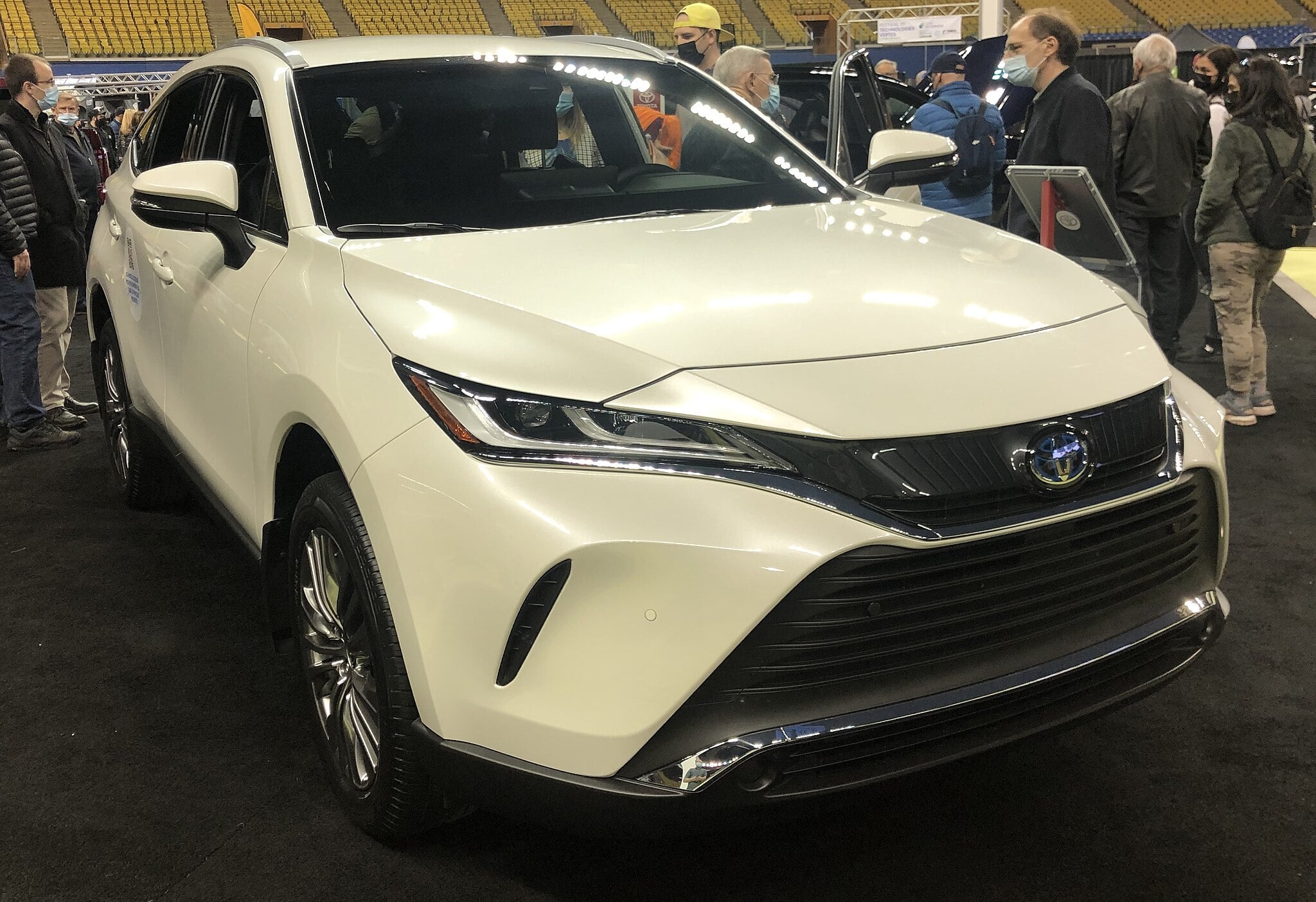
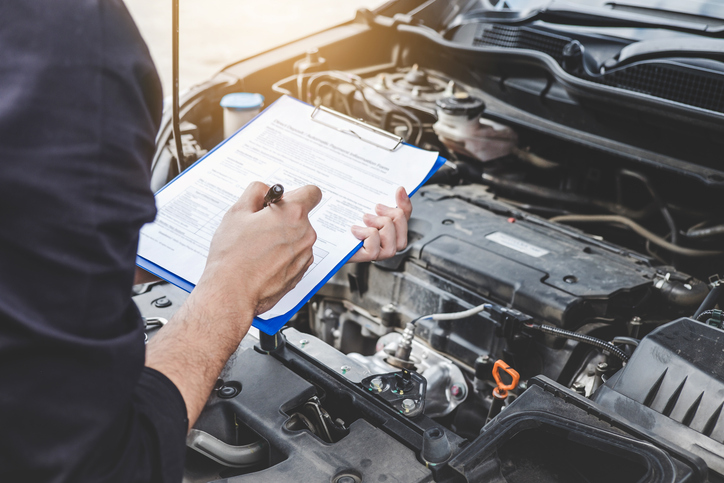
Regularly checking your vehicles for recalls is crucial for safety. While manufacturers are required to notify original vehicle owners of any recall, periodically checking for possible recalls is recommended. Having a routine for your Toyota recall check can help you become aware of certain defects that can potentially cause issues for you and your vehicle. Generally, you will receive alerts of Toyota recalls if you are the first and original owner of a Toyota vehicle. Otherwise, you can check the Toyota recall list to determine if your car is subject to a recall by doing the following:
If you discover that your Toyota vehicle was recalled, it is best to reach out to the dealer. Typically, dealerships are required by law to make the needed repairs or part changes free of charge. The dealership will discuss the details of repair and logistics with you when you contact them. In most cases, you are not required to take the vehicle to the dealer location for repairs, especially if the reason for recall is safety. You can contact the Toyota Customer Experience Center at 1 (800) 331-4331 or reach out to the nearest Toyota Dealership Location.
On certain passenger vehicles, due to improper heat treatment, the rear axle may not have adequate strength in some areas. The rear axle shafts could fail or break after extended use of the vehicle, increasing the risk of a crash.
Recall consequence
On certain passenger vehicles, due to improper heat treatment, the rear axle may not have adequate strength in some areas. The rear axle shafts could fail or break after extended use of the vehicle, increasing the risk of a crash.
Recall action
Dealers will inspect and replace the rear axle hub assemblies. The manufacturer has reported that owner notification will begin during July 2000. Owners who do not receive the free remedy within a reasonable time should contact Toyota at 1-800-331-4331.
On certain passenger vehicles, due to improper heat treatment, the rear axle may not have adequate strength in some areas. The rear axle shafts could fail or break after extended use of the vehicle, increasing the risk of a crash.
Recall consequence
On certain passenger vehicles, due to improper heat treatment, the rear axle may not have adequate strength in some areas. The rear axle shafts could fail or break after extended use of the vehicle, increasing the risk of a crash.
Recall action
Dealers will inspect and replace the rear axle hub assemblies. The manufacturer has reported that owner notification will begin during July 2000. Owners who do not receive the free remedy within a reasonable time should contact Toyota at 1-800-331-4331.
On certain passenger vehicles, due to improper heat treatment, the rear axle may not have adequate strength in some areas. The rear axle shafts could fail or break after extended use of the vehicle, increasing the risk of a crash.
Recall consequence
On certain passenger vehicles, due to improper heat treatment, the rear axle may not have adequate strength in some areas. The rear axle shafts could fail or break after extended use of the vehicle, increasing the risk of a crash.
Recall action
Dealers will inspect and replace the rear axle hub assemblies. The manufacturer has reported that owner notification will begin during July 2000. Owners who do not receive the free remedy within a reasonable time should contact Toyota at 1-800-331-4331.
You can determine whether your vehicle has been recalled using GoodCar, a reliable and easy-to-use vehicle recall lookup website that offers real-time updates. With this website, you can obtain full recall information when you search for your Toyota recalls by VIN or vehicle license plates using the provided search fields and following the prompts.